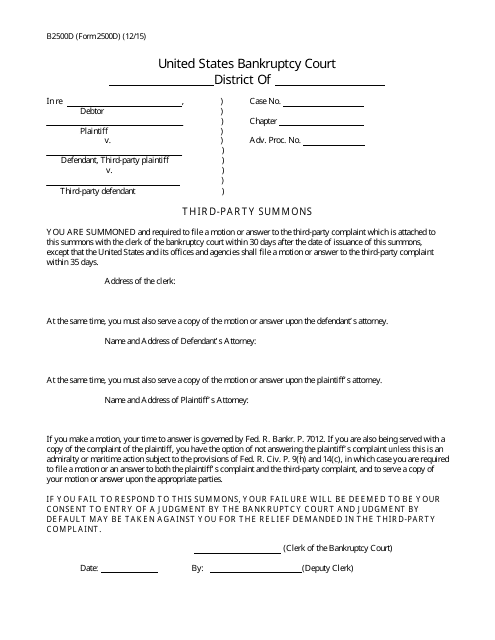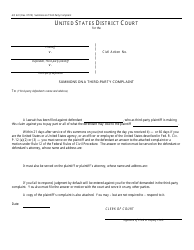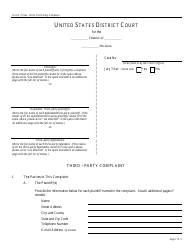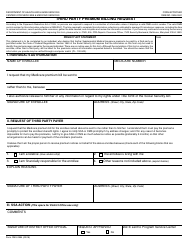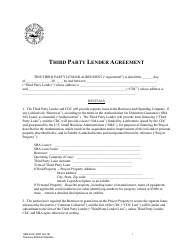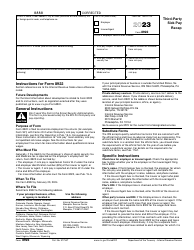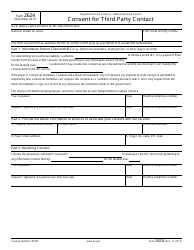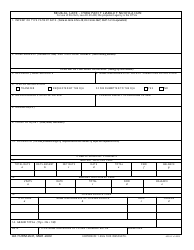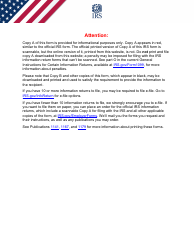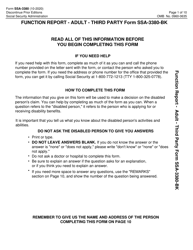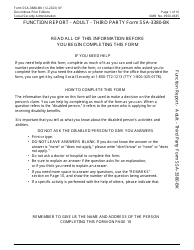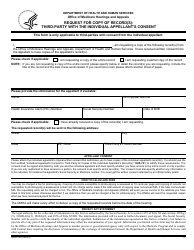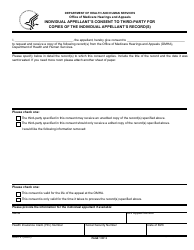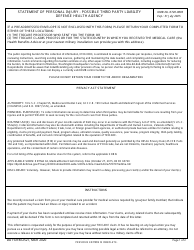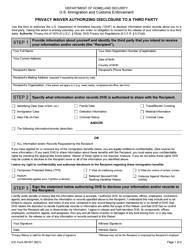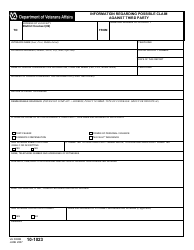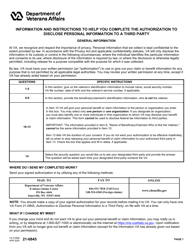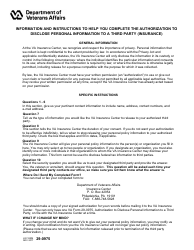Form B2500D Third-Party Summons
What Is Form B2500D?
This is a legal form that was released by the United States Bankruptcy Court on December 1, 2015 and used country-wide. As of today, no separate filing guidelines for the form are provided by the issuing department.
FAQ
Q: What is Form B2500D?
A: Form B2500D is a Third-Party Summons form.
Q: What is a Third-Party Summons?
A: A Third-Party Summons is a legal document issued by the IRS to compel a third party to provide information or documents about a taxpayer.
Q: Who can issue a Third-Party Summons?
A: The IRS can issue a Third-Party Summons.
Q: What information or documents can be requested using Form B2500D?
A: Form B2500D can be used to request various types of information or documents, such as bank records, financial statements, or employment records.
Q: Who is a third party in the context of a Third-Party Summons?
A: A third party is any person or entity that has information or documents relevant to a taxpayer's tax liability or the collection of taxes.
Q: Can the third party refuse to comply with the Third-Party Summons?
A: The third party generally must comply with the Third-Party Summons, but they have the right to challenge it in court if they believe it is unduly burdensome or seeks privileged information.
Q: What are the consequences for failing to comply with a Third-Party Summons?
A: Failing to comply with a Third-Party Summons can result in penalties and other enforcement actions by the IRS.
Q: Can the taxpayer whose information is being sought be notified about the Third-Party Summons?
A: The taxpayer may be notified about the Third-Party Summons, but the IRS is not required to provide advance notice in all cases.
Q: Can the taxpayer challenge a Third-Party Summons?
A: The taxpayer generally does not have the right to challenge a Third-Party Summons, but they can intervene in the legal proceedings if they believe their rights are being violated.
Q: Is Form B2500D specific to the United States?
A: Yes, Form B2500D is specific to the United States and is used by the IRS.
Form Details:
- Released on December 1, 2015;
- The latest available edition released by the United States Bankruptcy Court;
- Easy to use and ready to print;
- Yours to fill out and keep for your records;
- Compatible with most PDF-viewing applications;
- Fill out the form in our online filing application.
Download a printable version of Form B2500D by clicking the link below or browse more documents and templates provided by the United States Bankruptcy Court.
